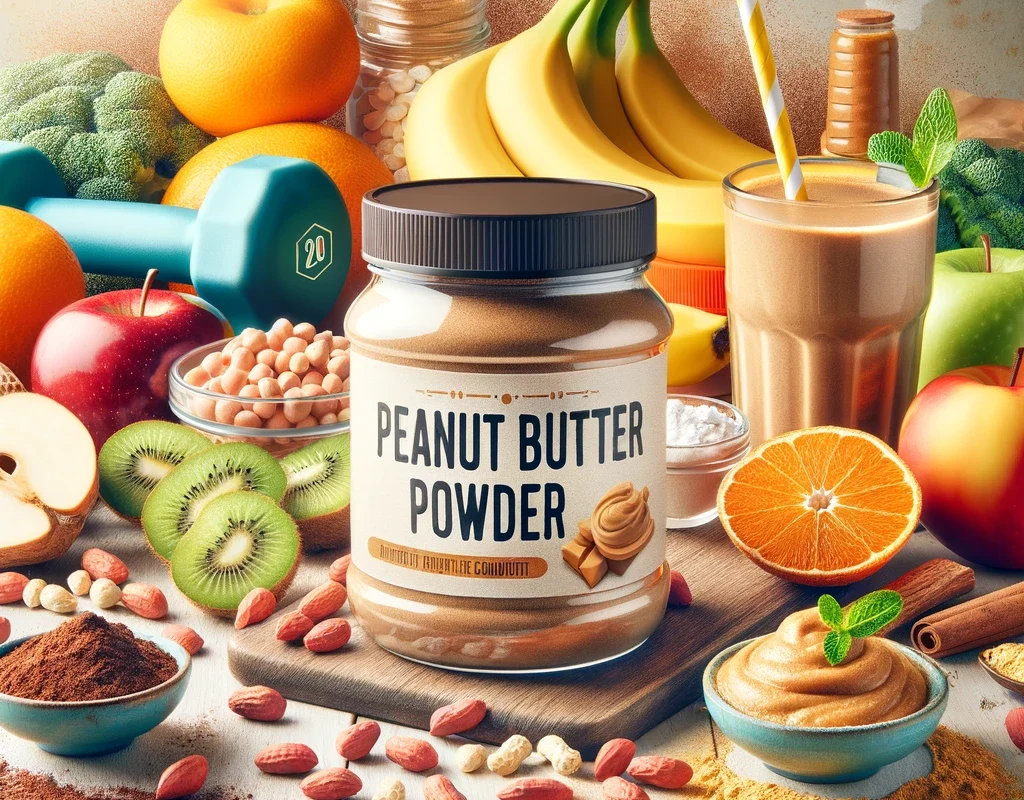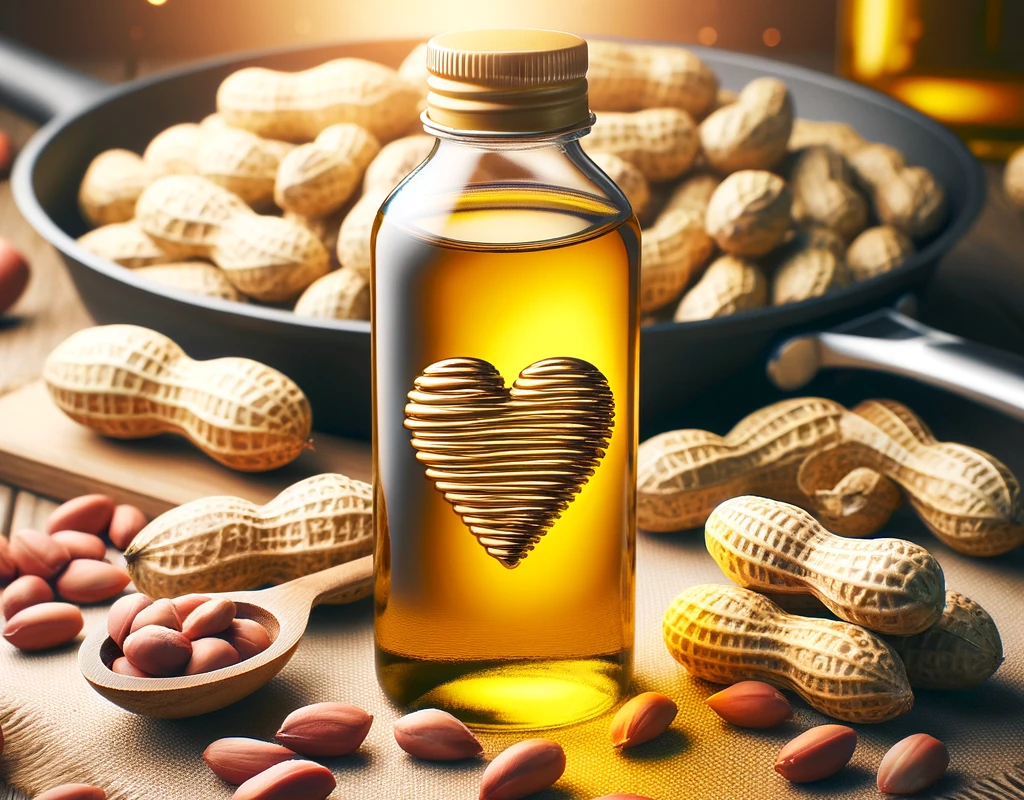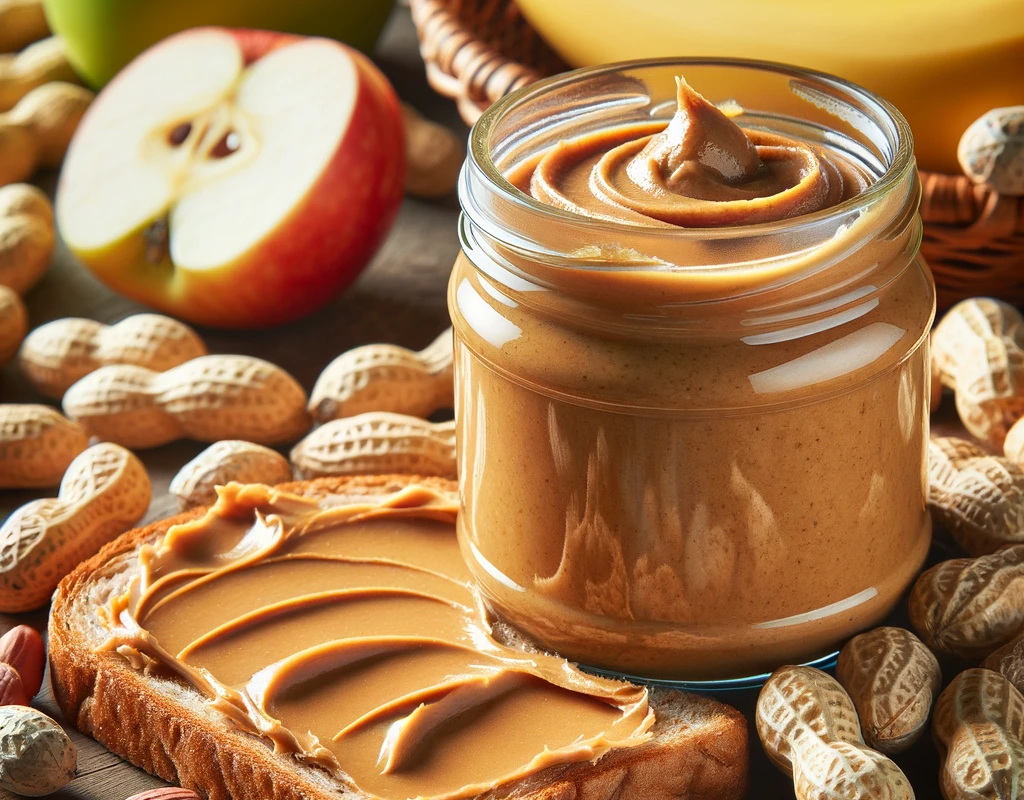Peanut butter powder has emerged as a modern pantry staple for health enthusiasts and culinary adventurers alike. Its popularity is not unfounded; this versatile ingredient offers a multitude of nutritional benefits, making it a worthy contender against its more traditional counterpart, creamy or crunchy peanut butter. With its unique production process, peanut butter powder retains the essential flavors and nutritional benefits of peanuts while offering a lower-fat, lower-calorie alternative. This article explores the myriad benefits of peanut butter powder, shedding light on why it deserves a spot in your dietary regimen.
Nutritional Advantages
Lower Fat Content
Peanut butter powder is celebrated for its significantly reduced fat content. Traditional peanut butter’s fat content, while comprising mostly of the healthier monounsaturated and polyunsaturated fats, can still contribute to a high caloric intake. The process of making peanut butter powder involves pressing out most of the natural oils, resulting in a product that has up to 85% less fat. This reduction in fat does not strip away the taste or nutritional value, making it an ideal choice for those monitoring their fat intake.
High in Protein
One of the standout nutritional benefits of peanut butter powder is its protein content. Protein is a crucial macronutrient necessary for muscle repair, growth, and overall bodily function. Peanut butter powder offers a comparable amount of protein to traditional peanut butter but with fewer calories and fat, making it an excellent addition to meals and snacks for individuals looking to increase their protein intake without compromising their dietary goals.
Rich in Fiber
Fiber plays a vital role in maintaining digestive health, and peanut butter powder can contribute to your daily fiber intake. While the fiber content may be slightly lower than in traditional peanut butter due to the removal of some fats, it still provides a good amount, aiding in digestion and contributing to a feeling of fullness. This can help in managing appetite and preventing overeating, a crucial aspect of maintaining a healthy weight.
Convenience and Versatility
Ease of Use
The powdered form of peanut butter adds a layer of convenience unmatched by its traditional counterpart. Its ability to mix easily with water to create a spread or be incorporated directly into recipes makes it a hassle-free option for quick meals and snacks. This ease of use extends to meal preparation, where it can be used as a thickener for smoothies, a protein boost for oatmeal, or a flavor enhancer for sauces, without the need for refrigeration.
Storage and Shelf Life
Peanut butter powder boasts a longer shelf life than traditional peanut butter, thanks to its low moisture content. This aspect makes it an excellent choice for those who do not consume peanut butter regularly but still want to keep it on hand. Its powder form also means it takes up less space in the pantry and is lighter to transport, reducing carbon footprint associated with shipping and storage.
Versatile in Cooking
The culinary applications of peanut butter powder extend beyond just making a quick peanut butter spread. Its versatility shines in both sweet and savory dishes, from adding a protein punch to smoothies and baked goods to serving as a base for sauces and dressings. This adaptability makes it a valuable ingredient for anyone looking to add a nutty flavor and nutritional boost to their meals without the added oils and fats of traditional peanut butter.
Health Benefits
Heart Health
The nutritional profile of peanut butter powder supports heart health. Despite the reduction in fats, it retains a significant amount of monounsaturated and polyunsaturated fats, known for their benefits in lowering bad cholesterol levels and reducing the risk of heart disease. Additionally, its lower fat content means it can easily fit into a heart-healthy diet, promoting overall cardiovascular well-being.
Weight Management
Peanut butter powder can play a pivotal role in weight management strategies. Its lower calorie content, combined with high protein and fiber, can help in creating a feeling of satiety, thereby reducing overall calorie intake. For individuals looking to lose or maintain weight without sacrificing flavor or nutrition, peanut butter powder offers a balanced solution.
Managing Blood Sugar Levels
For those monitoring their blood sugar levels, peanut butter powder can be a beneficial addition to their diet. Its low glycemic index means it has a minimal impact on blood sugar levels, making it a safe choice for people with diabetes or those trying to manage their blood sugar. Furthermore, the protein and fiber content can help in stabilizing blood sugar levels, preventing spikes and crashes.
Economic and Environmental Benefits
Cost-Effectiveness
When considering the economic aspects, peanut butter powder offers significant cost benefits. Per serving, it tends to be more economical than traditional peanut butter, especially when factoring in its longer shelf life and reduced waste. This cost-effectiveness makes it an attractive option for budget-conscious consumers looking to maximize their nutritional intake without breaking the bank.
Environmental Impact
The environmental benefits of peanut butter powder are notable. Its lighter weight and compact packaging reduce the carbon emissions associated with transport and storage. Furthermore, the process of making peanut butter powder utilizes less water and energy compared to traditional peanut butter, contributing to a more sustainable production cycle.
Conclusion
Peanut butter powder is not just a dietary trend but a nutritional powerhouse that offers a multitude of benefits, from health and convenience to economic and environmental advantages. Its ability to provide essential nutrients in a more digestible form, coupled with its versatility and cost-effectiveness, makes it a valuable addition to any diet. As we continue to seek out healthier, more sustainable food options, peanut butter powder stands out as a prime example of innovation in nutrition, deserving of its growing popularity and recognition.




